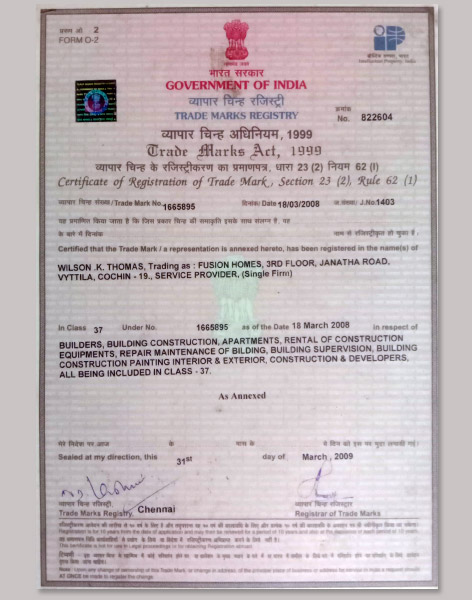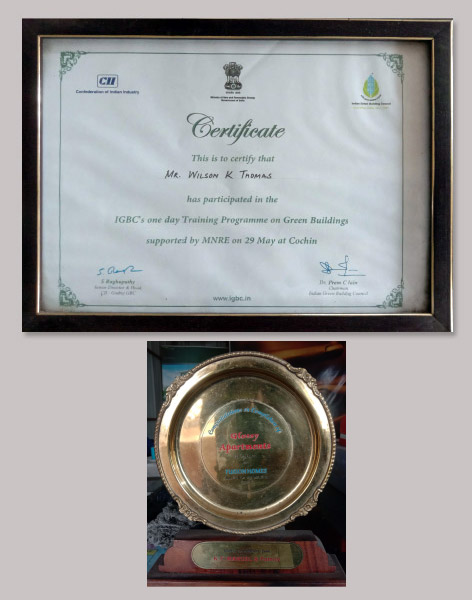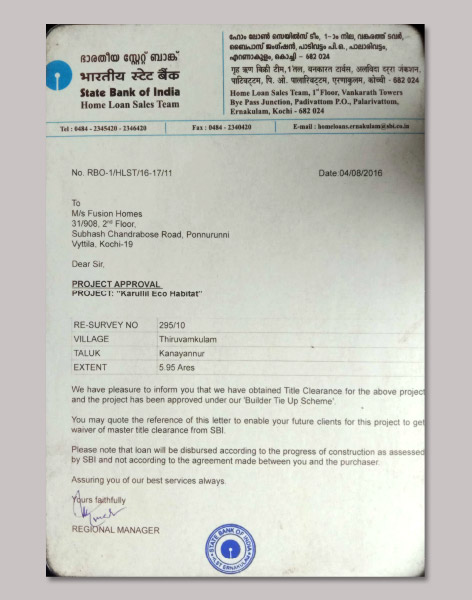







Hopes of rejuvenating open wells contaminated by seepage from septic tanks in urban areas have been brightened thanks to the biodigester technology developed by the Defence Research and Development Organisation (DRDO).
Mr. AK.Nazir, Chairman and managing directorINNATE CONVENTINAL CENTRE, KochiThe technology is now being used by Indian Railways and the armed forces. Lokendra Singh, a scientist from DRDO, was responsible for its development, Saying that live septic tanks connected to toilets in houses and apartments could be converted into biodigester tanks, he said only 30% of the space is required for a biodigester tank compared to septic tank. Biodigester tanks are low on maintenance and installation costs. The water thus produced can be used for agricultural and gardening purposes.
Mr. Savyan Vadanappally, TrissurScientists from the DRDO have developed a ‘bio-digester’ that converts human waste into water. The Indian Railways has used it successfully, replacing traditional toilets with it. It’s also being used in Siachen and Dal Lake in Kashmir Valley.
Arvind TomarDefence scientist at the DRDOComparing it with the sewage treatment plant (STP), that the STP uses aerobic bacteria and degrades the matter in four stages. Moreover, it uses electricity, whereas the biodigester technology is environment friendly, maintenance-free and efficient without depending upon conventional energy sources. The effluent gets rid of most of the pathogens. The STP requires recurring costs to run.
The same experiment was repeated at the houseboats in Dal Lake in Shrinagar that has made the lake cleaner. “Biodigesters are now extensively used in the coastal areas to stop effluents from flowing into the sea. Now, it’s being installed at apartments, hospitals, hotels and schools, as well,”.
DRDO scientist.EVER SINCE India’s first bio-toilet was installed by the Defence Research & Development Organisation (DRDO) at its Defence Institute of High Altitude Research in Leh in 1994, there has been an unprecedented interest in bio-toilets. The Indian Railways will install 140,000 bio-toilets in its coaches in the next three years. Lakshadweep has placed an order of 12,000 bio-toilets. And in February this year, the National Green Tribunal made it mandatory for beach camp operators in Rishikesh to install bio-toilets (see ‘Dry season...’). As the technology gains traction across different regions and sectors, many challenges have come to the fore.
Down to earth magazine







RAMZ Residency, Commercial shopping complex, Payyannur
Devagiri CMI Public School,
Calicut
INNATE CONVENTIONAL ECO LAND (ICE LAND),
Nedumbassery
SEED College of Architecture,
Muvattupuzha
Ayurvedic Hospital,
Thiruvananthapuram
SREE NARAYANEE RESIDENCY, Residential Apts,
Kanjangad
Dr. Muhammed Rafi, Ansar Hospital,
Perinthal manna
Birth Village - Hospital,
Kakkanad